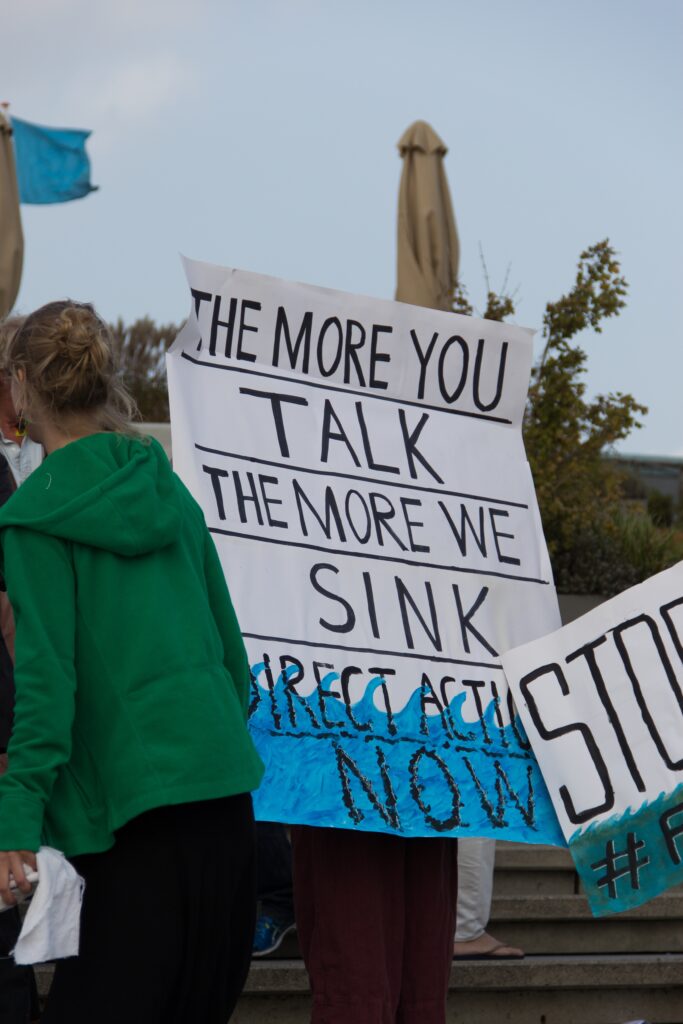
COP28: What’s it all about?
From 30 November to 12 December, Dubai will host COP28, the annual meeting that gathers leaders from around the world to discuss the state of our climate. This 28th edition will focus on several aspects, including the first global stocktake, adaptation targets and climate finance.
Every year, the Conference of the Parties (COP) to the United Nations Framework Convention on Climate Change brings together the 197 nations and territories known as Parties to the Convention. Together, they set targets and responsibilities on climate change and assess and evaluate climate action.
In a few days, the 28th COP will take place in Dubai. It will address several critical international issues, including the global stocktake, where countries will assess their progress towards the goals of the Paris Agreement on climate change. A key outcome of COP28 will be a decision text on the stocktake, reviewing efforts to date and outlining agreed actions for the future.
The global meeting will also focus on creating a new fund for climate-related “loss and damage”, which will address the situation of the most disadvantaged people already suffering from human-induced climate change, mainly caused by the emissions of the wealthy minority. Last year, the COP27 summit in Egypt marked a triumph for developing countries in securing agreement on this fund, which had been advocated for decades.
Flanders does not favour this new initiative, as Environment minister Zuhal Demir (N-VA) made clear when the decision was made to create it. “At the Belgian level, we had agreed that there would be no additional funding streams for damage to developing countries because we are already doing climate finance today,” she said after COP27.
More resilience, less vulnerability
Parties at COP28 are expected to adopt a framework for achieving the Global Goal on Adaptation, which aims to increase adaptive capacity, strengthen people’s resilience and reduce their vulnerability to climate change. Although outlined in the Paris Agreement, this goal is unclear due to differing priorities. While developing countries prioritise protecting people from the impacts of climate change, wealthier countries tend to focus more on reducing emissions.
The EU, with its member states, is also a party to the Paris Agreement and communicated its positions on these agenda items in October, underlining the need to significantly increase global climate ambition to meet the 1.5°C objective on global warming set by the Paris Agreement.
The EU Council underlines the importance of a successful first comprehensive stocktake. It supports the launch of the work programme on mitigation, the work programme on just transition and the dialogue on the global adaptation goal.
Carbon-free energy system
Member states also recognise the efforts of many countries and institutions to finance a wide range of solutions to address loss and damage from the adverse effects of climate change. They further reaffirm the need to strengthen existing financing arrangements, highlighting the potential of multilateral development banks and international financial institutions.
The EU also aims to decarbonise the energy sector well before 2050 and to achieve a partially or entirely carbon-free global energy system by the 2030s, leaving no room for new coal-fired power generation.
The rotating presidency of the Council and the European Commission jointly represent the EU at these international climate summits. Preparations for COP29 will start in the spring of 2024 under the Belgian presidency. The exact location of this meeting has yet to be decided
(Belga)
